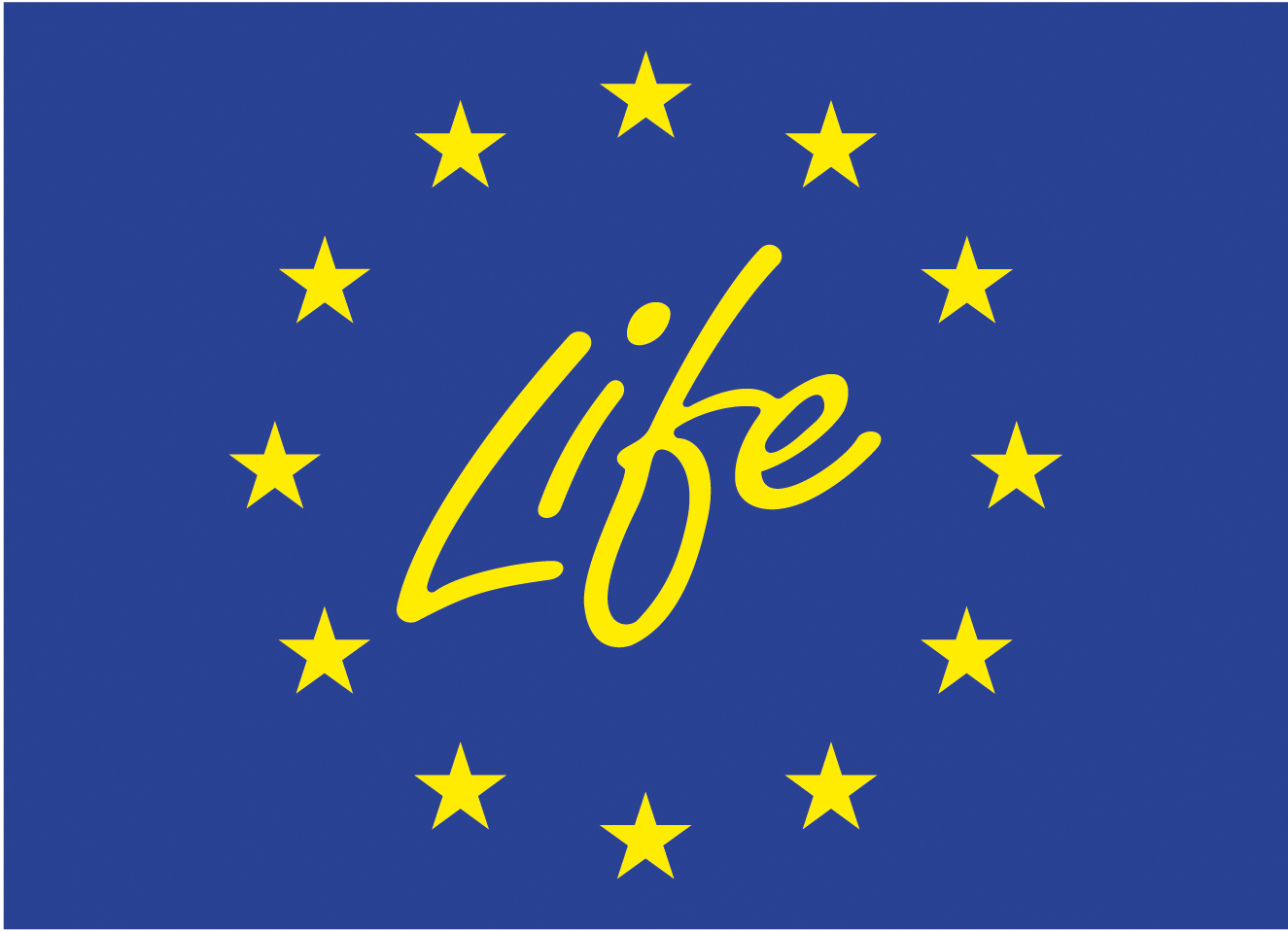Businesses discuss organic market, regenerative and more
For the first time since the COVID-19 pandemic broke out, business active in and interested in organic met again in person at IFOAM Organics Europe. During a day full of inspiring sessions and networking opportunities, the European organic sector exchanged on market developments, the role of regenerative, regulatory affairs and pesticide residues in organic.

Political developments & the role of organic
In the morning, Pasquale di Rubbo, Policy Analyst at the European Commission’s Directorate General for Agriculture (DG AGRI) and Eric Gall, Deputy Director at IFOAM Organics Europe, provided the European frame by painting a bigger picture on political developments and market development
Pasquale di Rubbo, elaborated that by 2030, Europe wants to be carbon neutral. There is a lot of work ahead of us still, and agriculture can play its part! He reminded participants about the EU Farm to Fork Strategy’s goals – 50% less pesticides, 25% of the agricultural under organic. Di Rubbo added that the sustainable Food Systems Framework Law (expected late 2024) will help realise this in systemic way, stressing that Europe is moving to a knowledge-driven agriculture, producing more food while being sustainable
Eric Gall stated that the organic market, similar to the conventional market, is impacted by inflation and speculation. However, in certain countries the organic sector seems less affected than the conventional one but there are decreases in the market compared to 2021. Still, it is important to keep in mind that the EU Commission defined organic as the way forward to reach EU Farm to Fork’s targets. The French Court of Auditors similarly concluded that organic contributes after thorough research..
Organic and regenerative
Sarah Compson, Associate Director, Standards Innovation at the Soil Association, opened the highly anticipated session on organic and regenerative agriculture. She reminded us that organic is regenerative at heart. The regenerative movement is not new, but it is upcoming. Within “regenerative agriculture” there are opportunities, like elevating organic farming, as well as risks, for example, greenwashing, confusion and distraction and delay to transform food and farming. Sarah ended by challenging the audience to consider that regenerative agriculture could be a steppingstone on the journey in the conversion to organic agriculture.
Following, Dorothy Shaver, Sustainability Director for Nutrition and IC at Unilever, clarified that Unilever launched regenerative agriculture principles on top of their sustainable agriculture and as an ecosystem approach – elaborating on some of Unilever’s sustainability practices. During her presentation, Dorothy stressed that Unilever would be willing to collaborate with the organic movement to achieve environmental targets.
Providing an activist contrast , Ronald van Marlen, Extinction Rebel and founder of NanaBio, followed up with critical remarks. According to Ronald, there are three types of regenerative: those of the social movement, organic & corporate. He urged the organic movement and sector to lead on regenerative agriculture and to join with social movements to strive for sustainable food systems. The last speaker, Paul Holmbeck, Director of Holmbeck EcoConsult, tried to identify a common ground stating:
- Regenerative agriculture does not have a transformative agenda and is rather a set of practices but there is a clear lack of definitions;
- There are many false claims that regenerative agriculture is going beyond organic. Serious actors can be allies to the organic movement while the practices are no issue;
- Regenerative goals and practices are already at organic agriculture’s heart. Regenerative should not only be about single practices but have organic’s principles at heart and change the system.
A lively debate between panellist and the audience took place after the speaker´s presentations . Concluding the first sessions, speakers agreed that it is necessary to have a clear definition of regenerative agriculture and that the organic movement needs to listen to new ideas regenerative brings. But it is important to act now and take the lead as organic movement – which is also the basis of regenerative.

Regulatory affairs & pesticide residues
The second half of the day was an in-depth session on regulatory affairs, including an update on the EU Organic Regulation and its many implementing acts that still need to be finished. Bernard Lignon, Quality and Regulatory Project Manager, Synabio and Jan Wicher Krol, Policy Advisor, SKAL Bio Controle provided their expertise to this.
On a related topic, pesticide residues, Marian Blom, Board Member of IFOAM Organics Europe & Project Leader at Bionext presented the very important project IFOAM Organics Europe is running, collecting data on pesticide use and contamination in Europe.
Michel Reynaud, Board Member of IFOAM Organics Europe and Vice-President of Ecocert and Alexander Beck, Managing Board Member of AöL shared their insights on pesticides residue handling in case of contamination. The workshop ended with a 45-minute workshop on new GMOs where working groups discussed new genetic engineering and questions arising for the organic sector in case of a deregulation at EU level regarding so called ‘New Genomic Techniques’ like CRISPR/Cas9. The results reflect a broad spectrum of opinions on the topic of co-existence and arising challenges. For more information on the GMO workshop, reach out to [email protected].
Presentation of IFOAM Organics Europe meets business 2022 are available on our website, you can also check #IFOAMOEMeetsBusiness2022. Stay tuned for next year’s event updates by following @OrganicsEurope on LinkedIn, Twitter, Facebook, Instagram and subscribe to our newsletter!
Should you have any questions, please contact [email protected].

The work of IFOAM Organics Europe on this topic is co-financed by the LIFE programme of the European Union, under the Climate, Infrastructure and Environment Executive Agency (CINEA). This page only reflects the views of the authors and its sole responsibility lies with IFOAM Organics Europe. The CINEA is not responsible for any use that may be made of the information provided.

